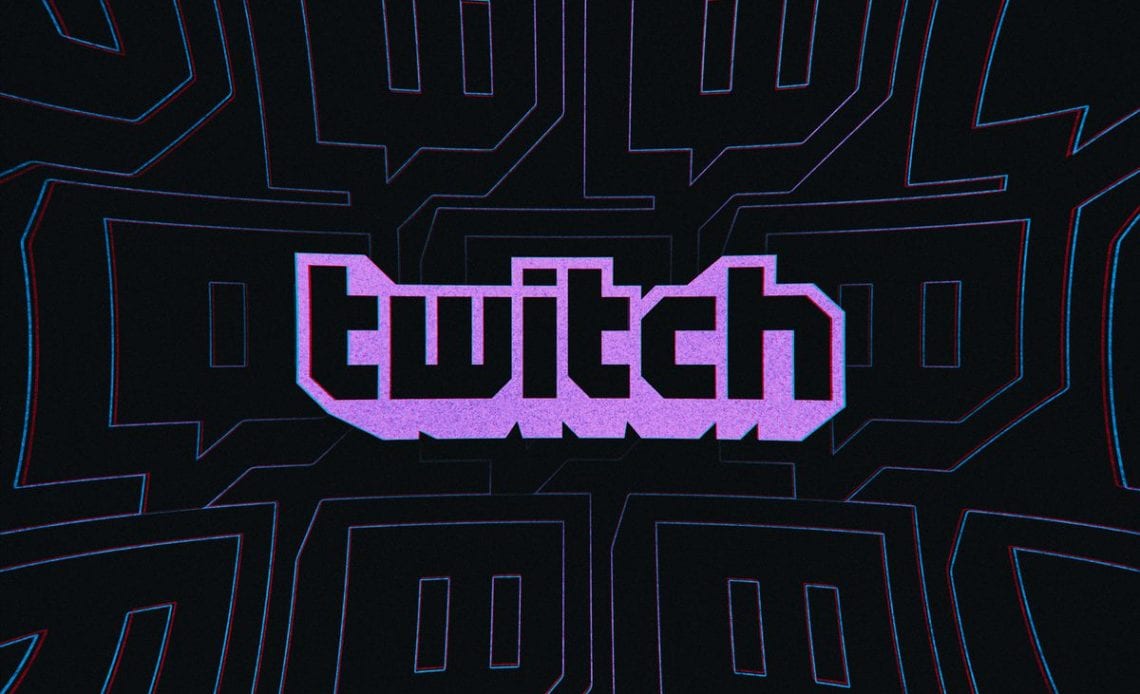
I spend a lot of time on Twitch — for my job, yes, but also because I love watching streamers. Over the last few months, though, I’ve been trying to diversify what I watch there; I want to see smaller creators, more art and music, and some talk shows and podcasts. I know all of that is out there, plus I’m convinced that there are some gems I’m missing. But I find myself running into the same wall: it’s hard to find streamers I like. I’m starting to feel like I’m bad at Twitch.
I suspect I’m not the only one with this problem.
The breadth of humanity streaming on Twitch is staggering, and it’s possible to find someone doing something you want to see — or more realistically, something you didn’t know you needed in your life until the moment you stumbled on it. I get most of my recommendations from my constellation of too-online friends, and a lot of them are great; they know what I might like, and they’re usually right.
That said, when I’m home alone at some odd hour of the night or morning and I’m in the mood for something new, I sometimes feel out of luck. Twitch’s recommendation algorithm is robust, but it’s best at serving you stuff similar to what you’ve been watching or what you’ve already seen. Sometimes feel like I’m stuck in an unbreakable programming loop, falling through the same inputs and outputs and returning the same result.
When I do decide to search by category — which is to say by game — I usually sort the list by number of viewers from high to low and then scroll as far as I can down the page to see exactly who’s streaming something like Trials Rising or EverQuest at 1:30 on a weekday afternoon. (It is never who you’d think.)
Games are helpfully broken out into their own sections. Everything else is the “Just Chatting” section, the catchall bucket for streamers who aren’t playing a video game. That includes everyone from IRL streamers — who go live while they’re out and about in the world — to people streaming dubbed anime. It’s the most diverse side of Twitch, and it is overwhelming.
There’s also an element of chaos in Twitch’s categories. The tags for games and everything are chosen by users, which means that the categories bleed into each other all the time; Twitch’s algorithm, too, is good at putting smaller streamers onto its front page, if you’re logged in. And it’s absolutely possible, with enough scrolling, to come across something great.
YouTube’s algorithm, by contrast, is very good at showing you what other people liked; for that reason, most of the videos it serves you next are related to one another by both subject matter and human taste. It’s harder to do that with live videos — they’re obviously more unpredictable — but going from one platform to the other throws the difference into sharp relief. YouTube’s algorithm has its problems (radicalization, for instance), but aimlessly browsing the website is a wholly different experience. It is focused; Twitch feels more like surfing live TV without a channel guide.
Twitch holds an ocean of content. Its stars are some of the biggest on the internet. In practice, however, it feels like a small town; the new streamers I watch are usually related in some way to the ones I already follow, and outside of friend recommendations my main mode of discovery is through raids — when a streamer who’s live sends their entire live audience to another live channel — and hosts, which is when streamers show anyone who comes to their page a handpicked channel that’s currently live. Those are two tools that a lot of other user-generated content platforms don’t have, and they are a valuable way to find new streamers to follow.
But the chaos makes Twitch as a platform biased toward larger channels: they’re already known, which helps them grow faster. That, combined with the fact that Twitch partnership is a way of signaling that a channel is safe for advertisers, means that Twitch focuses on bigger channels to the detriment, in terms of audience and revenue, of smaller ones. And that’s a shame, because joining a small community is one of the most pleasant experiences one can have online.
I don’t think there’s an easy solution, and then again maybe it is just a me problem. But if you can solve it, I’d love some help. Who do you love to watch? I’m all ears.
Author:
Source: Theverge



